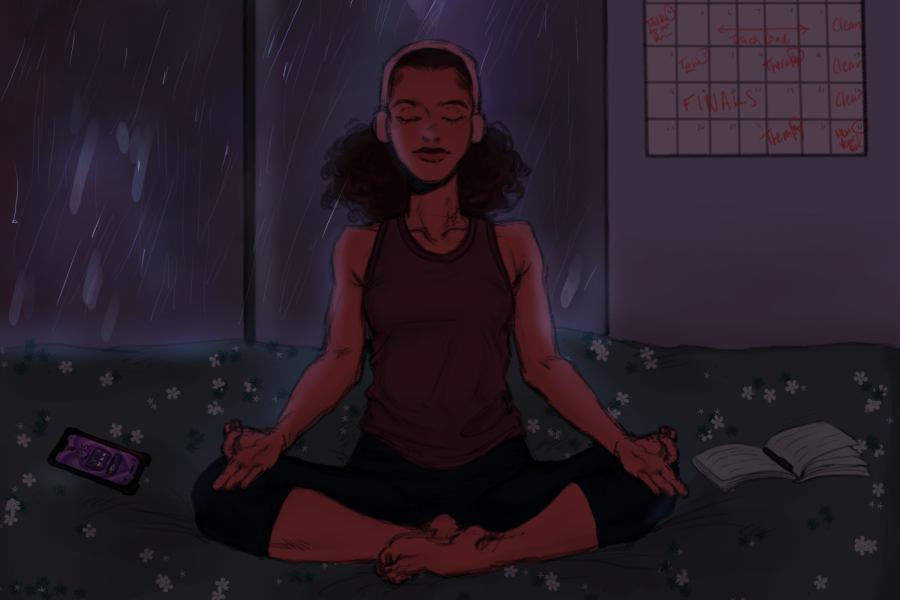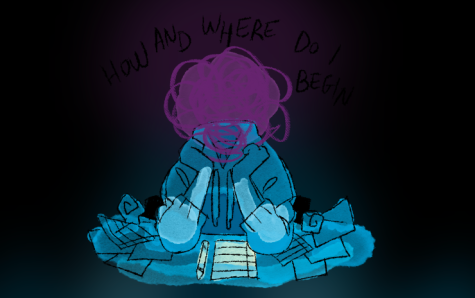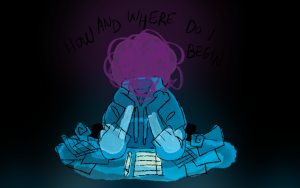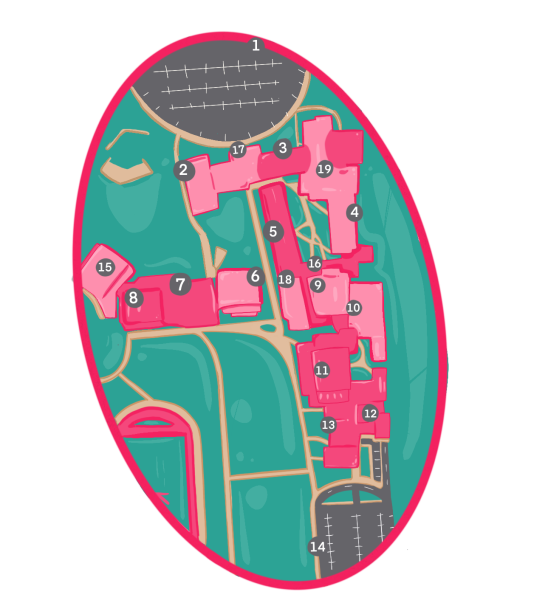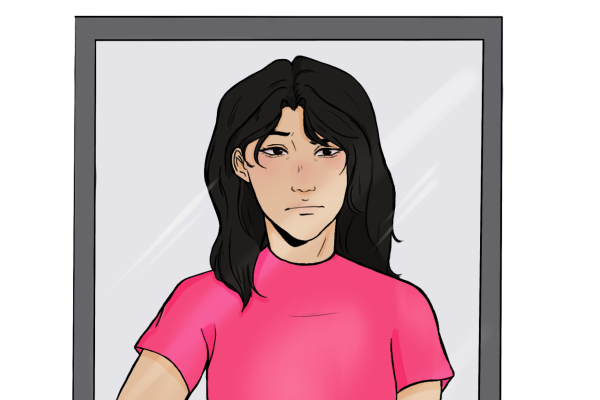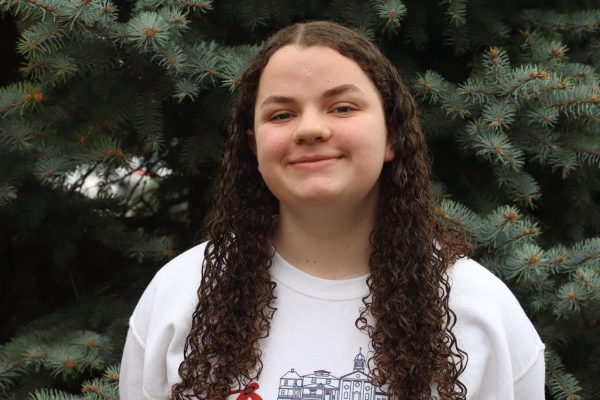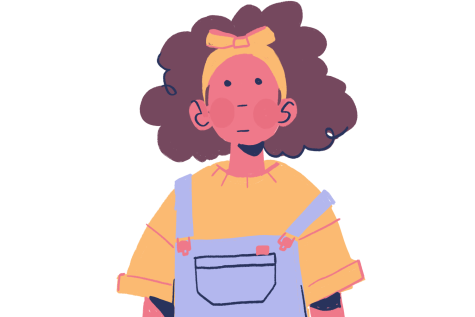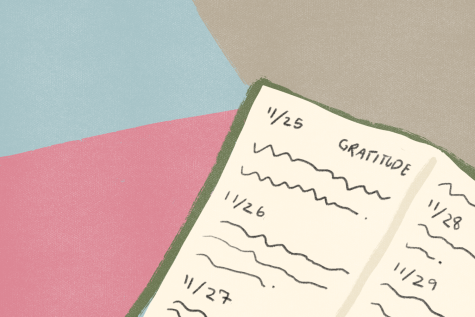Step by step
I have learned five different coping techniques you can use if you suffer from anxiety too.
Your heart starts racing, chest tightens and lungs feel as if there is no air. Your anxiety is creeping up on you. I often experience anxiety at school. It is a vicious cycle of feeling stress, falling behind on homework and then feeling overwhelmed because I’m falling behind on said homework. After talking to Robin Kennedy, grade-level counselor, and doing my own research on this topic, I have learned five different coping techniques you can use if you suffer from anxiety too.
Take deep breaths:
Many people overlook the importance of taking deep breaths. When I start to feel anxious, I can tell because my leg starts to shake. Slowing down my breathing helps me calm down and collect my thoughts. When feeling anxious, Christina Zibart, chemistry teacher, said taking a couple deep breaths helps her re-center herself and focus on what is causing the anxiety. There are many different ways you can use this coping skill. One way is by closing your eyes and taking five deep breaths while focusing on your breathing. Kennedy said apps such as Breathe, Headspace, MindShift and Dare can benefit people with anxiety.
Exercising:
Staying active is a way to get your mind off what you are anxious about. Whenever I start to worry, taking a walk helps me reset. I like to take a stroll around my neighborhood with my dog, and by the end of it, I forget why I was uneasy. Even when I am at school, taking a short walk in the halls can get rid of my restlessness. According to HelpGuide.org, when you exercise, it can release tension and stress while boosting your physical and mental energy. Instead of zoning out when exercising, try to focus on the little things like your feet hitting the ground, the wind on your face or the cold air filling your lungs. Practicing mindful thinking can help stop your worrying.
Talking to someone you trust:
Anxiety has a way of hiding in plain sight. You know it’s there, but you want to ignore it. The longer you hold it in, the more your feelings can build. One of the best ways to release these emotions is by talking to someone. This could be a family member, friend, teacher, therapist, counselor or anyone else you trust. Mind.org.uk mentions that talking to someone you trust about your feelings can give you a sense of relief. Just having someone there to listen and care for you is significant. When I become anxious, my best strategy is to talk to my mom. After, I feel the heavy weight lifted off my chest, and I am given the comfort of feeling able to breathe again.
Write it down:
If you struggle with talking about your feelings, write them down. This can help you understand your emotions and express them better. According to MedicalNewsToday, when a person is writing, it allows them to focus on one emotion at a time. This helps slow down their process of thinking to understand what is going on. I prefer to talk to someone about what is making me uneasy, but I sometimes journal because it lets me pin-point why I’m upset. Journaling is a tool that you can use to process, control and reduce your anxiety.
Finding Distractions:
At the end of the day, we all need a break. Doing what makes you happy can help ease your anxiety. Focusing on doing something else like reading a book, painting or watching TV are ways to distract yourself. Whenever I am feeling restless, I distract myself by looking around, wherever I am, and counting how many blue objects there are. Doing this causes my mind to focus on counting instead of worrying about whatever was making me anxious.
Anxiety can consume your life. If you are struggling and need more than a few tips, I suggest talking with a grade-level counselor, parent or guardian about getting some professional advice. There are many organizations that can aid in getting what you need, whether that’s guidance, medication or therapy. There is no shame in having anxiety because you are not alone. When I start to feel my heart rate speed up, my chest tighten, and lungs feel empty, I use these coping skills to be able to breathe again.
Your donation will support the student journalists of Kirkwood High School. Your contribution will allow us to purchase equipment and cover our annual website hosting costs.

She/Her
Hobbies and Interests: field hockey, best buddies, mock trial, art, photography
Favorite movie: Jumanji Welcome to the Jungle
Favorite...

She/Her
Hobbies and Interests: drawing, playing my ukulele, listening to music, gaming
Favorite song: The Adults are Talking by The Strokes
Favorite...


